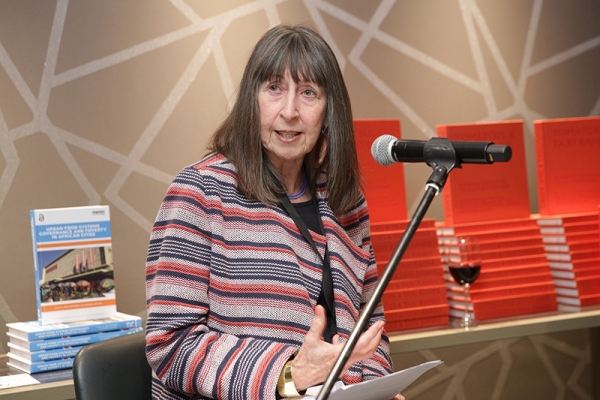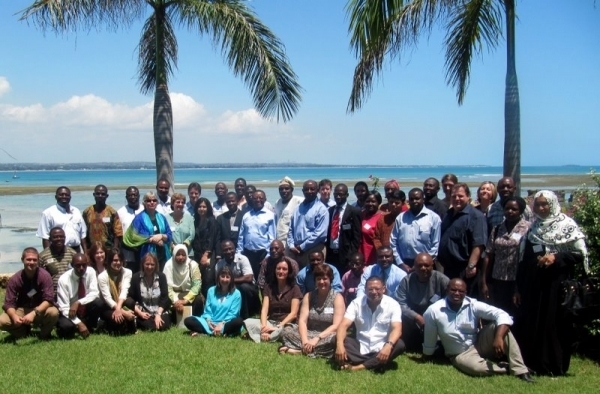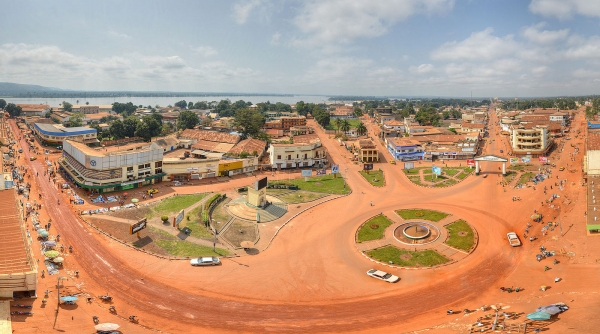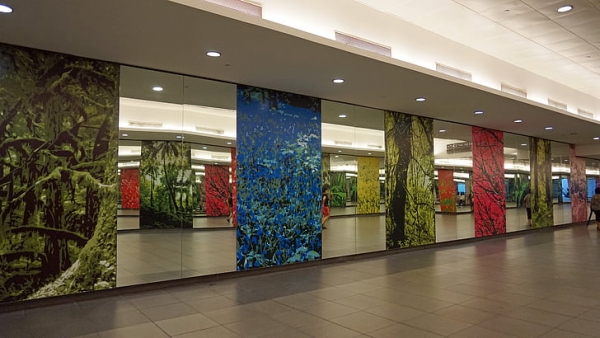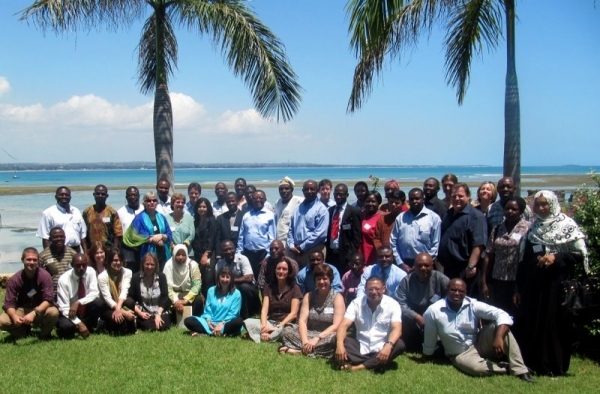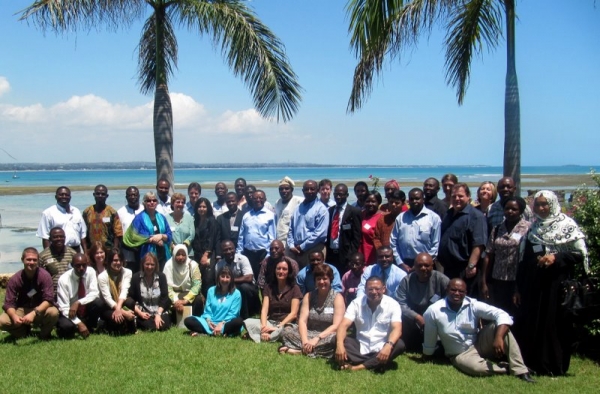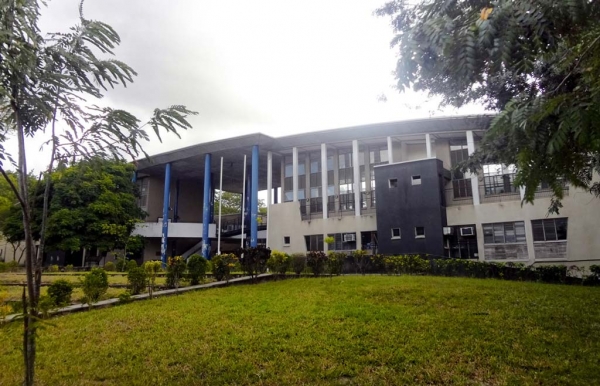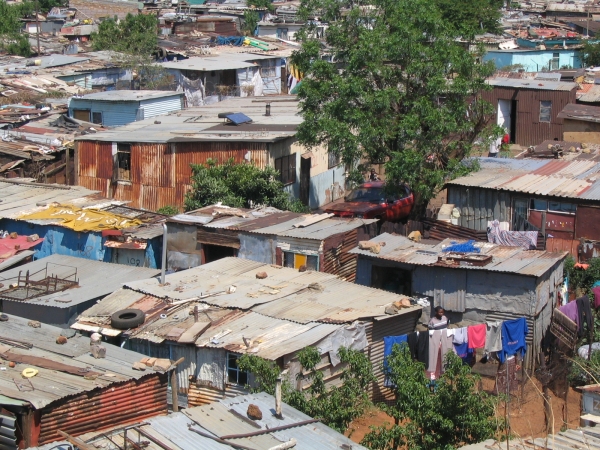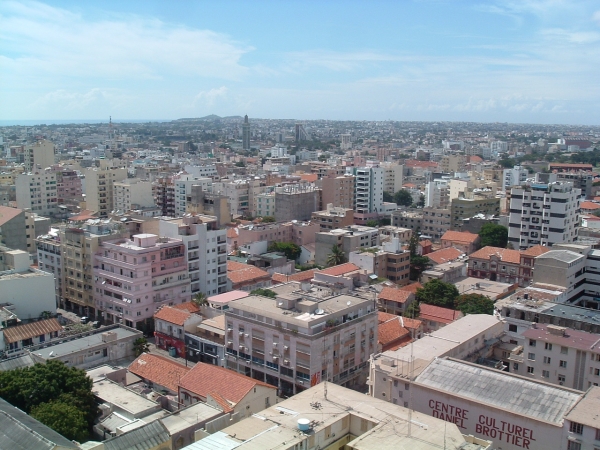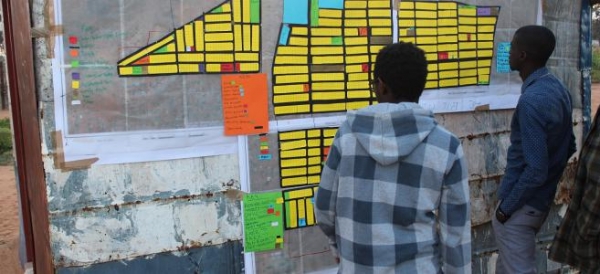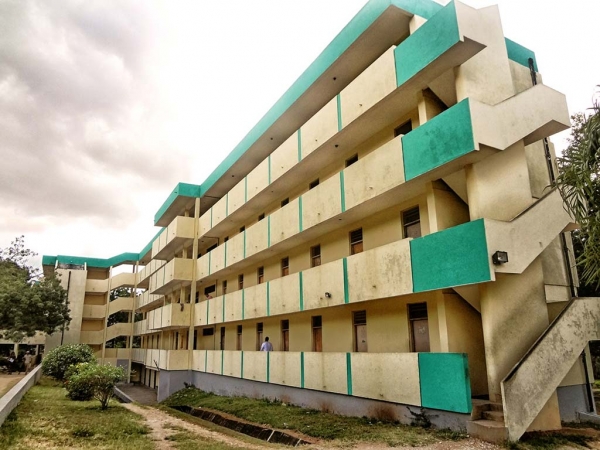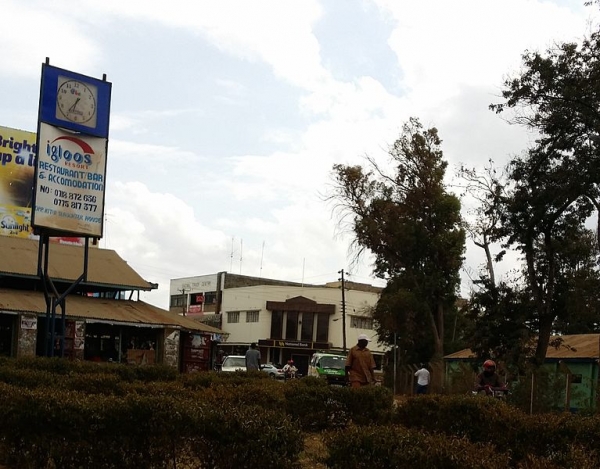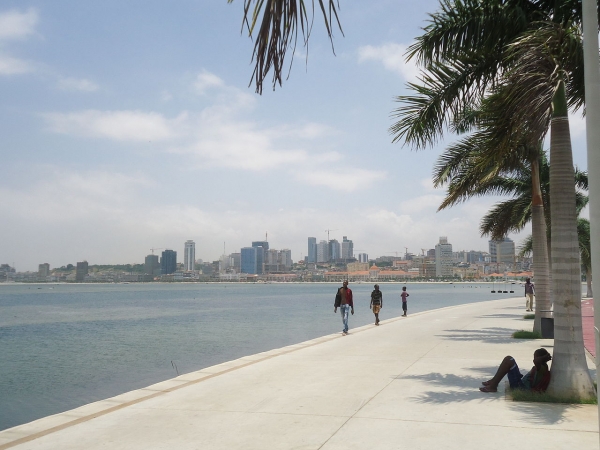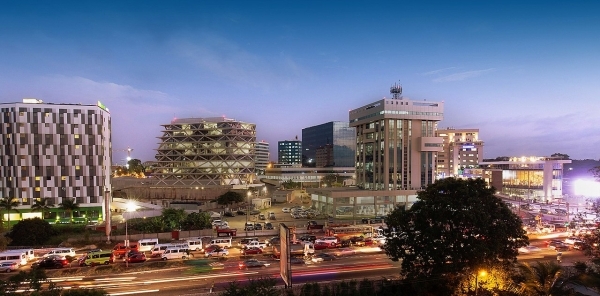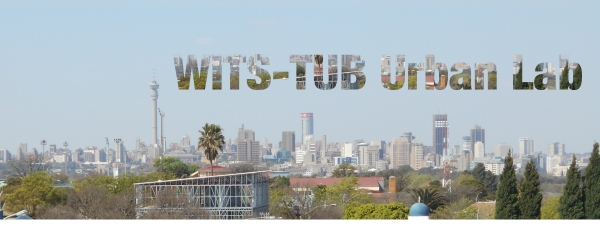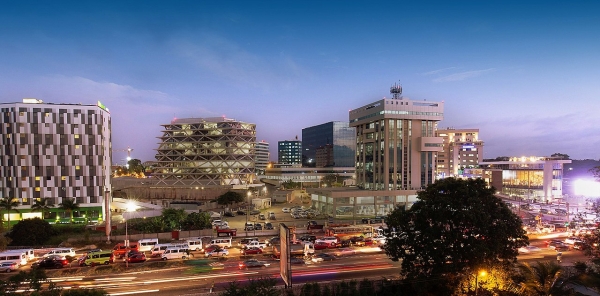‘Consuming Urban Poverty: Food Systems Planning and Governance in Africa’s Secondary Cities’ is a multi-partner research project funded by the ESRC and DFID and coordinated by the African Centre for Cities at the University of Cape Town.
The project involves several AAPS members as research partners. These include Copperbelt University (Zambia), Jaramogi Oginga Odinga University of Science and Technology, Maseno University (both in Kenya), and the University of Zimbabwe.
The project aligns itself with Carolyn Steel’s assertion that ‘In order to understand cities properly, we need to look at them through food’. It argues that important contributions to debates on urbanization in sub-Saharan Africa, the nature of urban poverty, and the relationship between governance, poverty and the spatial characteristics of cities and towns in the region can be made through a focus on urban food systems and the dynamics of urban food poverty. There is a knowledge gap regarding secondary cities, their characteristics and governance, and yet these are important sites of urbanization in Africa. This project therefore focuses on secondary cities in three countries: Kisumu, Kenya; Kitwe, Zambia; and Epworth, Zimbabwe.
In order to understand cities properly, we need to look at them through food
Carolyn Steel
The project has four linked work packages that seek to generate an understanding of the connections between poverty, governance, urban space and food.
The Urbanization and Poverty work package seeks to ascertain the patterns and drivers of urbanization and poverty in the three case studies. It will draw on existing large-scale data sets, and in combination with remote sensing work it will assess land use and land cover change. This analysis will generate new understandings of the overall patterns of urban change in secondary cities.
The Urban Food System and Food Poverty work package’s objective is to scrutinize food poverty as an indicator of the workings of persistent, pervasive and systemic urban poverty. It therefore intends to conduct fieldwork in the case study cities examining the nature of the urban food system and the experience of food poverty, drawing on both qualitative and quantitative methods.
The Governance work package focuses on current and historical governance of urban food systems. It also focuses on the governed practices of food provisioning through conducting an environmental and social life cycle assessment of the urban food system, followed by an investigation of the applicability of a cleaner production approach to informal work in food supply chains, focusing on roadside catering in Kitwe.
The final work package focuses on implementable policies and strategies through analysis of successful interventions in urban food systems, and assessment of their applicability to the African secondary city context.
For more information, visit the Consuming Urban Poverty project’s website here.
Watch a short video outlining the project’s approach and content below.
Some photographs taken during the project initiation workshops held in Kitwe and Kisumu in July 2015 are assembled below.


